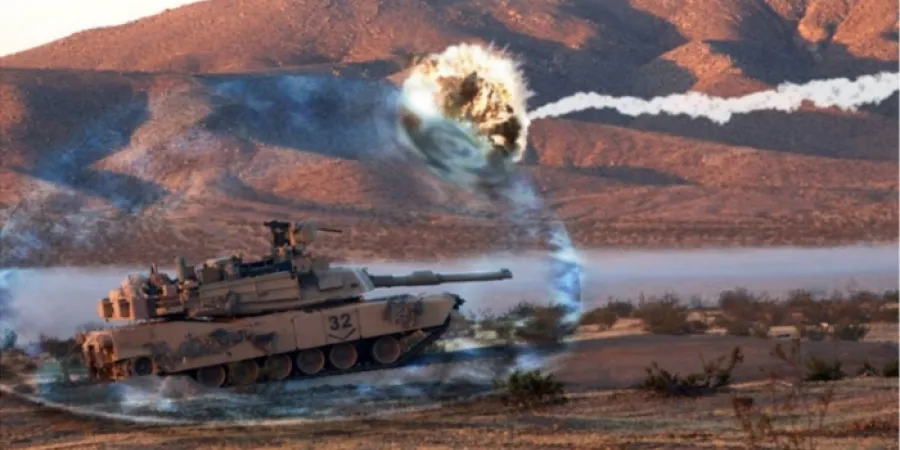US Army selects Lockheed Martin to integrate, test combat vehicle protection system
Company-developed kits will be sent soon for trials on Abrams, Bradley, Stryker and Armored Multi-Purpose Vehicles
Eyal Boguslavsky
| 21/02/2021
Lockheed Martin announced last week that the U.S. Army has selected it to begin supporting formal integration and testing of the U.S. Army’s combat vehicle protection system intended to keep warfighters safer and more secure from battlefield threats. The company will provide its Modular Active Protection System (MAPS) base kit, which includes an open-architecture processor that integrates vehicle sensors and countermeasures in a common framework to detect, track and defeat rocket-propelled grenades and anti-tank guided missiles.
"Lockheed Martin partnered with the U.S. Army in 2014 to develop MAPS as a safe and secure vehicle defense system that protects warfighters from a variety of anti-armor threats," said David Rohall, program manager for Advanced Ground Vehicle Systems at Lockheed Martin. "Since then, the MAPS base kit has proven itself in multiple live-fire demonstrations. We’re ready to support integration and testing on a variety of Army combat vehicles, the final step before the Army makes a formal decision on fielding this capability."
Under the 36-month contract, Lockheed Martin will deliver five production-ready base kits with an option for up to 20, and support Army integration and testing on Abrams, Armored Multi-Purpose Vehicle, Bradley and Stryker vehicles. The contract also covers developing base kit support for vehicle protection capabilities beyond active protection, such as underbelly blast protection, the company said.
According to the company's announcement, Lockheed Martin’s MAPS base kit, which supports the rapid integration of MAPS-compliant sensors and countermeasures, is designed to protect current combat vehicles and support future vehicle protection system capabilities.
Company-developed kits will be sent soon for trials on Abrams, Bradley, Stryker and Armored Multi-Purpose Vehicles
Lockheed Martin announced last week that the U.S. Army has selected it to begin supporting formal integration and testing of the U.S. Army’s combat vehicle protection system intended to keep warfighters safer and more secure from battlefield threats. The company will provide its Modular Active Protection System (MAPS) base kit, which includes an open-architecture processor that integrates vehicle sensors and countermeasures in a common framework to detect, track and defeat rocket-propelled grenades and anti-tank guided missiles.
"Lockheed Martin partnered with the U.S. Army in 2014 to develop MAPS as a safe and secure vehicle defense system that protects warfighters from a variety of anti-armor threats," said David Rohall, program manager for Advanced Ground Vehicle Systems at Lockheed Martin. "Since then, the MAPS base kit has proven itself in multiple live-fire demonstrations. We’re ready to support integration and testing on a variety of Army combat vehicles, the final step before the Army makes a formal decision on fielding this capability."
Under the 36-month contract, Lockheed Martin will deliver five production-ready base kits with an option for up to 20, and support Army integration and testing on Abrams, Armored Multi-Purpose Vehicle, Bradley and Stryker vehicles. The contract also covers developing base kit support for vehicle protection capabilities beyond active protection, such as underbelly blast protection, the company said.
According to the company's announcement, Lockheed Martin’s MAPS base kit, which supports the rapid integration of MAPS-compliant sensors and countermeasures, is designed to protect current combat vehicles and support future vehicle protection system capabilities.



